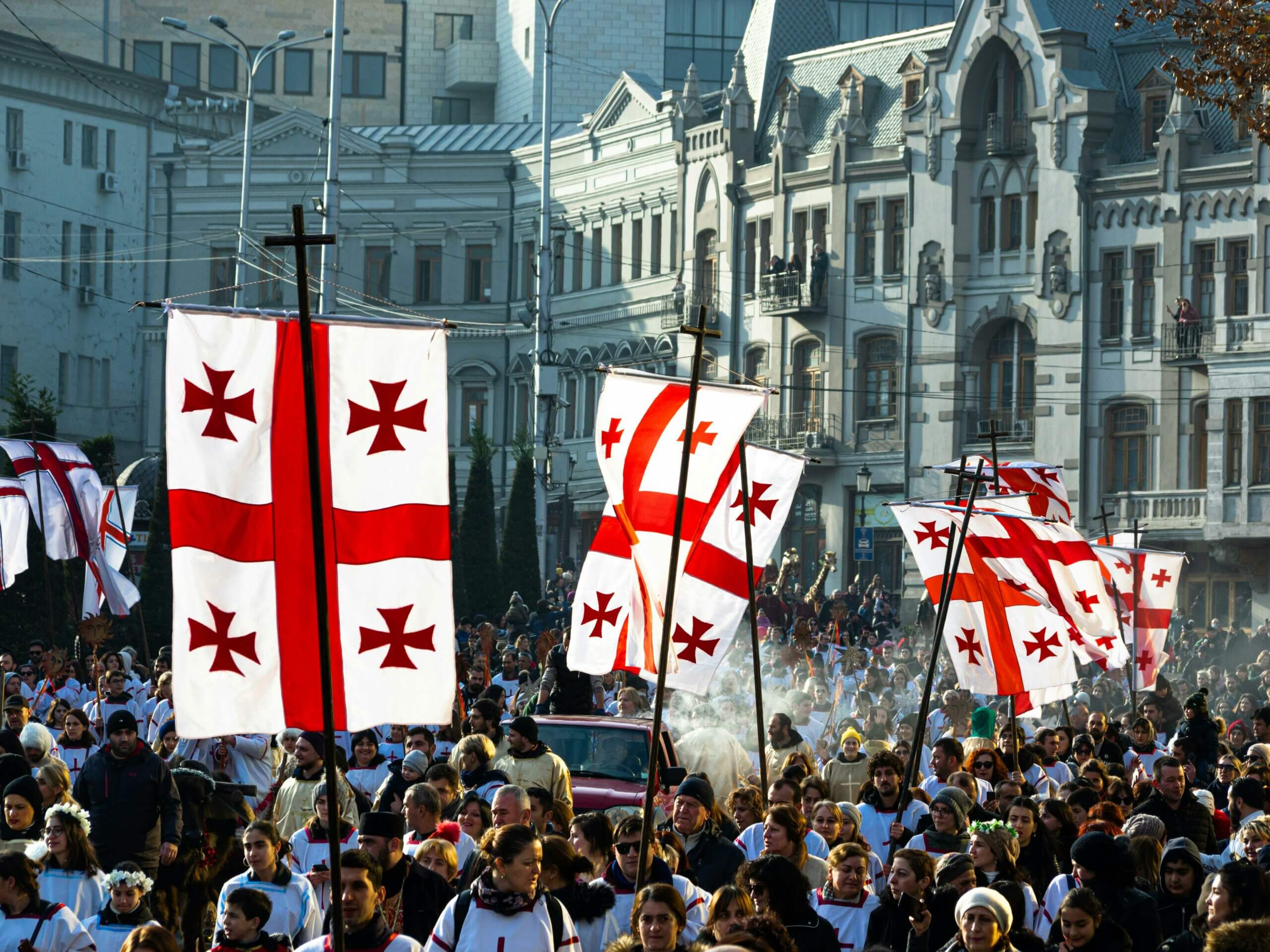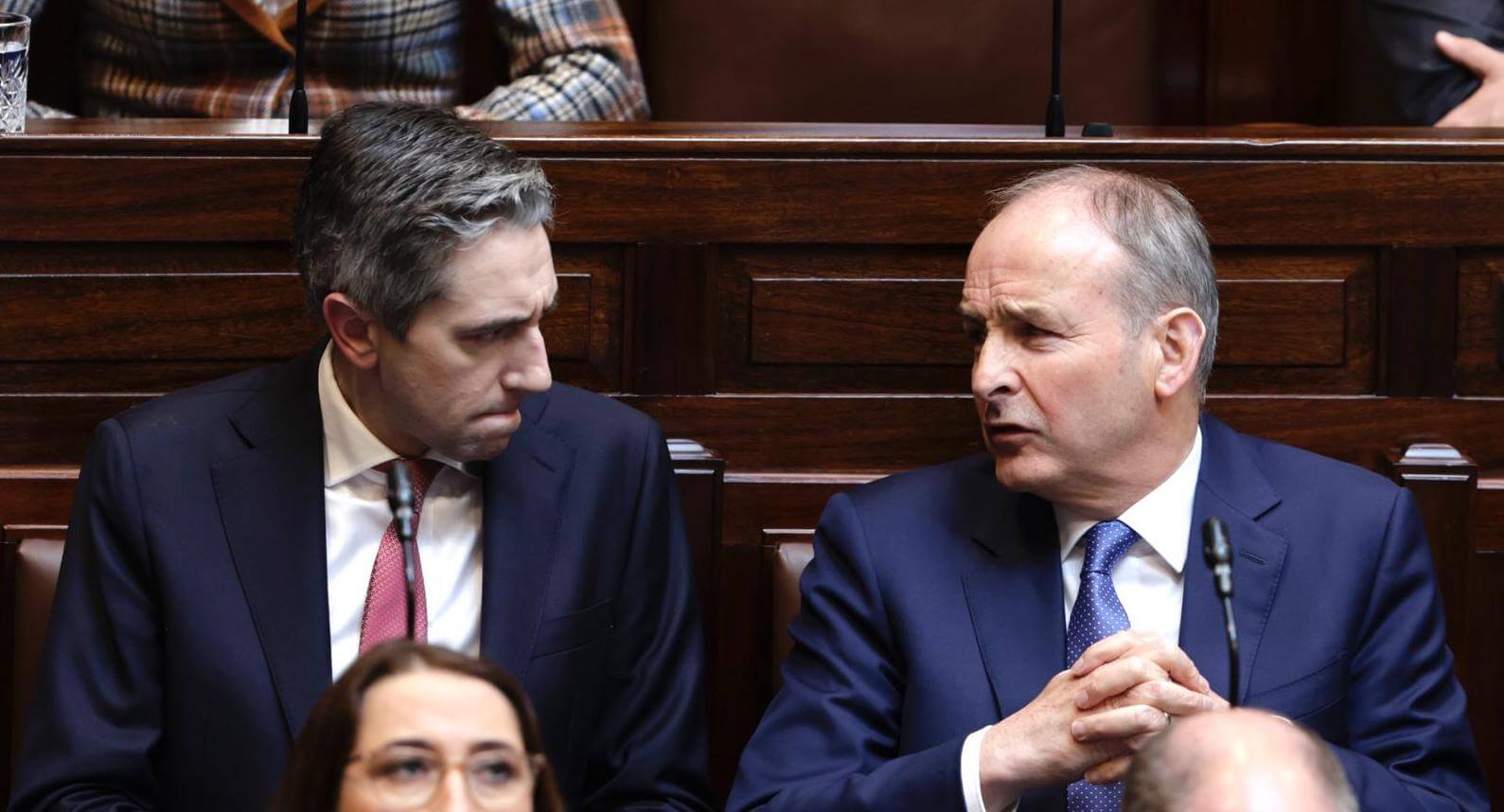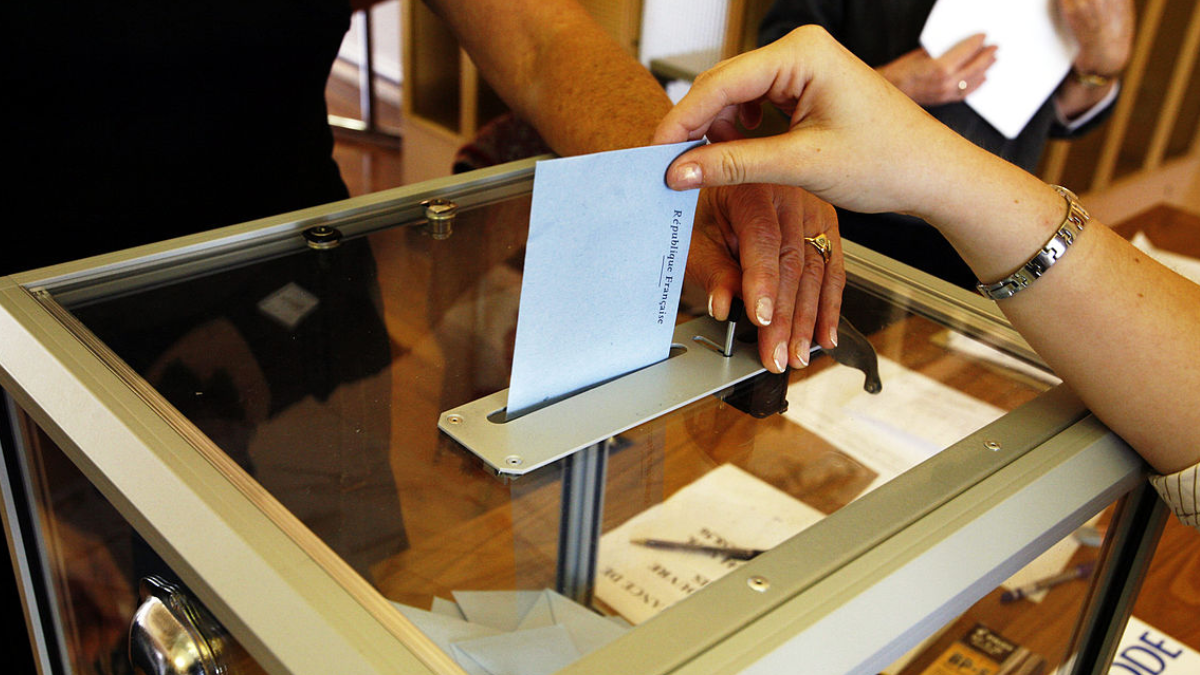Not all elections are equal. Some are fig-leaves designed to provide legitimacy only in the form of a retroactive justification of a predetermined outcome; in other words, coronations by ballot. Some are legitimate competitions between different visions of the best course of action for the nation, while others devolve into popularity contests and appeals to mass acclaim as a form of authority.
More of the former have taken place this month than perhaps any other month. In North Korea, what passes for parliamentary elections – in which voters “choose” to mark the only option on the ballot, and then drop it into boxes labelled either “yes” or “no” – saw the pre-approved Party candidates for each district victorious. As the Financial Times remarks, these are less about legitimacy and more about ritualistically “binding the people to the regime.”
In the Middle East, the Iranian parliamentary elections display another example of authoritarian predetermination; rapidly declining turnout as voters lose their faith in the legitimacy of the process. Whilst turnout in 2016 was 62%, this dropped to 42.5% in 2020 and seems to have bottomed out at 41% this year; though in some provinces, such as Tehran itself, turnout was as low as 24%. As many predicted, Ayatollah Khamenei’s conservative grip on the nation was strengthened further.
In Senegal, the postponed presidential elections – originally scheduled for 25th February and the postponement of which led to violent protests – were finally held on 24th March after the Senegalese Constitutional Council overturned President Macky Sall’s decree and ordered that the elections be held “as soon as possible.” Sall, of the Alliance for the Republic Party (APR), was ineligible for reelection, having reached his term limits; but his Prime Minister, Amadou Ba, also of the APR, was appointed as his successor. In the end, however, Ba lost to Bassirou Diomaye Faye of the African Patriots of Senegal for Work, Ethics and Fraternity party (PASTEF).
Portugal - Portents of the populist right
For the last few decades, politics in Portugal has been dominated by a paradigm not far off that of Britain’s. Swinging between the centre-left Socialist Party and the liberal-conservative Social Democratic Party, this tradition has been upset following elections that began on 10th March, but were not fully settled until over a week later on the 20th March.
This was because the four legislators allocated to overseas votes were still to be determined – and in this nail-biting election, every lawmaker mattered, as the final parliamentary count saw the centre-right Democratic Alliance (AD) win 80 out of 230 seats over the Socialist Party’s 78.
Despite being close, the result is hardly surprising; António Costa, the current Prime Minister of Portugal will be replaced by Luís Montenegro, after resigning on 7th November last year following an investigation into a corruption scandal. Having served as Prime Minister since 2015, leading the XXI, XXII and XXIII Constitutional Governments of Portugal, Costa had led his party from a rocky start to an outright majority by 2022, riding a popular wave of discontent with parties both on the right and on Costa’s left. Yet his XXIII Constitutional Government was damaged very early on by scandals; having only formed the government in January 2022, only a year later as many as 11 ministers and secretaries of state had resigned over “allegations of past misconduct or questionable practices”.
The Democratic Alliance – a loose coalition of centre-right parties formed in January 2024 and led by the Social Democrats – has now been invited to form a minority government by President Rebelo de Sousa, under Prime Minister-designate, 51 year old Luís Montenegro. In any normal circumstances, a minority government is a tenuous thing, though Portugal has experienced what British observers might call “supply and demand” style agreements as the Socialists have usually relied on the Communists and Left Bloc to prop them up.
Yet the Democratic Alliance will face an even rockier parliament, for two reasons: one, it has ruled out this kind of relationship with the hard-right Chega (‘Enough’) Party; and two, this party has surged from only 12 seats in 2022 to 50, making it comfortably the third largest party in Portugal.
Whilst the corruption scandals eventually brought down the Socialist Party government, this was not the Democratic Alliance’s focus in the campaign. Instead, they campaigned primarily on the classic centre-right platform of economics, emphasising tax reform, bringing the public debt down, and boosting productivity.
Part of AD’s offering was to address corruption through a “transparency register”, but it was Chega who campaigned hard on this issue. Chega is one of the fastest growing parties in Europe; founded in 2019 by Andre Ventura, former lawyer and football commentator, the party won a single seat in the same year, amid – some might say because of – accusations of racism and hostility to minorities, especially the Roma community. In this election, Chega adopted a slogan very much couched in the anti-establishment language of populists, “Clean Up Portugal”, proposing 21 anti-corruption measures. Alongside this, Chega has formalised and ramped up its proposals to drastically reduce immigration and increase border security.
The Democratic Alliance will no doubt face a difficult parliament; as a minority government, flanked by both a hard-left and a surging far-right, any attempts to balance the budget whilst addressing the concerns of Chega’s voters on border security will suffer at the hands of parliamentary arithmetic.
Russia - Was it ever in doubt?
On the other end of Europe, Russia went to the polls to confirm what many already knew: that Vladimir Putin would govern as President for a further six years.
Held from 15th-17th March, Russia’s presidential election saw Putin returned with a supermajority of 88.5%, with Nikolay Kharitonov coming in a distant second at 4.37%, representing the Community Party.
Against the backdrop of a war that experiences mixed support in Russia, to say the least, the first candidate to announce their intention to run was Boris Nadezhdin, who declared his candidacy in November 2023 on an anti-war platform. A month later, the candidacies of Leonid Slutsky and Vladislav Davankov were announced, along with Kharitonov and Putin. Importantly, the most vocal opponent and critic of Putin – Alexei Navalny – was not capable of running, as he had been imprisoned in 2021.
Previously, Putin would have been barred from running for office once more, having served two consecutive terms as President from 2012, but whilst the 2020 constitutional reforms – which passed by a popular vote on 1st July 2020 – reaffirmed the two-term limit, it nullified all previous terms prior to the amendments. This meant, in effect, that Putin’s two consecutive terms did not count against his candidacy.
It was hard not to conclude that the election was a foregone conclusion. Navalny, the most vocal opponent to Putin, died in prison last month, and whilst his prospects at challenging Putin’s electorally were non-existent, he was not the only opponent of the current regime to be imprisoned.
The main opposition to Putin existed, and exists, outside of Russia. Inside Russia, however, the roster of challengers to Putin was significantly fewer than the previous 2018 election, due in part to “authorities blocking a number of opposition hopefuls and critics using a variety of means, including labelling them as ‘foreign agents’.”
What shocked many commentators across the West especially was Russia holding elections in the four occupied territories of east Ukraine, used as a tactic to present a veneer of legitimacy and support to the Russian occupation of the territories: Zaporizhzhia, Kherson, Donetsk and Luhansk. In Zaporizhzhia, authorities reassured voters that they did not have to risk going to the ballot box – instead, the ballot counters would “come to them” – usually accompanied by armed soldiers.
Nevertheless, Putin remains in power – and he has used the tenth anniversary of the annexation of Crimea as a chance to hail the “New Russia” as the Crimea region and the east Ukraine regions “returned to Russia”. Moreover, Putin has seized on this chance to claim mass support for his government’s “political and economic course, our common achievements”.
But such a mask at home cannot be worn abroad; the challenges Putin faces are mounting as the “special military operation” in Ukraine enters its third year. The war itself presents a number of difficulties, though there is always the gamble that time is on Russia’s side, should President Trump return to office. There are a plethora of problems aside, and should Putin wish to run once again in 2030 – at age 77 – these cannot run on for too long.
USA - The long-awaited rematch is confirmed
The forthcoming US Presidential Election will be historic for many reasons. The first of these is not one that will immediately spring to mind: that it is the first time an incumbent president will be challenged by a former president since at least the beginning of the 20th century.
The second reason is the one most people will at least be aware of: that this may well be the first time a candidate and former president will have faced a criminal trial. Assuming that Donald Trump will be eligible to stand in the November election, not only will he have been the first former president to face a criminal trial, he may well be the first candidate to have done so. And he may even be the first successful candidate – though such a pronouncement would be very, very premature.
But premature pronouncements seem to be the pattern of this electoral year. Whilst Nikki Haley – Trump’s only real contender for the Republican nomination – persisted throughout February (despite losing to ‘None of the Above’ in Nevada), it was the famous ‘Super Tuesday’ on 5th March that saw her finally drop out.
Super Tuesday, the nickname given to the first Tuesday in March when 15 states see supporters vote in the Democrat and Republican primaries, ended with President Joe Biden having his presumptive nomination all-but confirmed as he hoovered up 1,351 of the Democrats’ delegates up for grabs, with only 11 remaining ‘uncommitted’, while Donald Trump took home 812 delegates within the Republican Party, leaving only 51 for Haley to take.
Crucially, on the day Haley only won in Vermont, and even then with 50% of the vote to Trump’s 46%.
Yet Haley’s principal reason for originally remaining in the race before dropping out earlier this month – that Republicans would be stronger for having held a “vigorous competition” – is certainly admirable and worth considering. Given that the Republican National Convention is not due to be held until the middle of July, and the Democratic National Convention in mid-August, it feels almost farcical that the presumptive nominees are identified four and five months in advance.
Of course, it is convention in American politics that the President is the presumptive nominee of his party – though that really is only a convention and only ever a presumption. The democratic balance is a hard one to strike: legitimacy requires a realistic competition between competing visions of the right course of action for the country, and this was the intention behind the primary process. However, a bitter and extended process can lead to the victor limping into the convention. Can we really say America has struck the right balance this time around?
Regardless, Americans now have one of the longest and probably most bitter Presidential election campaigns to look forward to. With the election due to be held on the 5th November, this campaign will be a long seven months, and there are reasons to think the populist sentiments that defined 2016 and 2020 will only increase in fervour this time around. Already the Republican National Committee is asking job applicants “if they believe the 2020 election was stolen” while the polls remain agonisingly close.
Despite the Easter weekend being upon us, there is still one important election to go on Sunday 31st March – Türkiye’s regional elections. Usually, regional elections don’t have significant ramifications, but on this occasion there is the opportunity for President Recep Erdoğan to defeat the coalition that won Istanbul five years ago.
This election – one of 81 across the country, but by far the most important – will be seen as a crucial test for both Erdoğan and the current mayor of the 16-million strong Istanbul population, Ekrem İmamoğlu. Given that Erdoğan began his political career in Istanbul, the contest feels more than a little personal for him, whilst a victory for İmamoğlu would pave the way for a presidential contest to Erdoğan in 2028.
Plenty more election suspense as April rolls on with a general election in India looming, a dreaded election for the Senate in Pakistan, and local elections in the United Kingdom that could prove disastrous for the Conservative Party.






